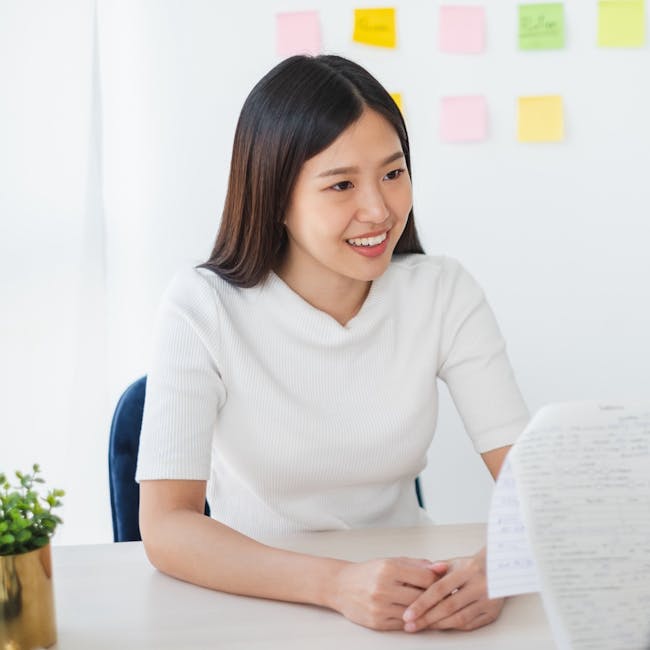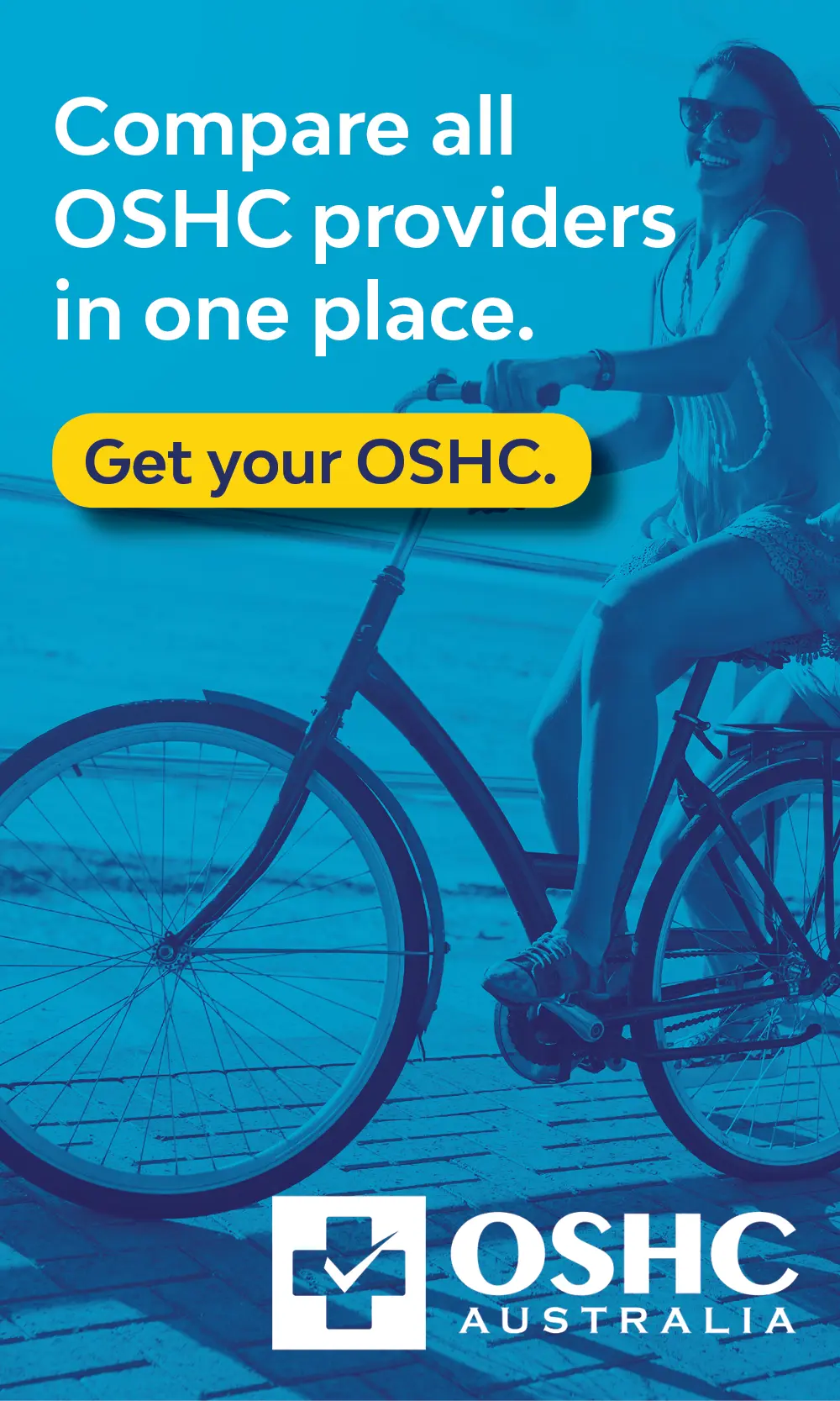So, you’ve applied to your dream school abroad and have been accepted. Hallelujah! But now you must begin preparing for your Australian student visa interview. And while you are so close to turning your dream of studying abroad into a reality, there is still one more hurdle to get over.
It all comes down to this. The interview for a student visa can be intimidating but this is the final step in the process before you set off. With proper planning and preparation, you will be able to pass your visa interview and be on your way.
To help you, we have compiled 8 tips to serve as your student visa interview preparation guide. Follow the tips we’ve outlined and you should have no problem passing your visa interview with flying colours.
First Impression & Interview Etiquette Is Key
First off, first impressions. You know what they say about first impressions and the same goes for your student visa interview. You’ll want to create a great first impression that showcases your professionalism, maturity, strengths, and what you expect to gain from your study abroad experience.
Treat your student visa interview like a job interview or any other type of interview. This means being on time (early is best) and dressed for the occasion even if it is a video interview. Be professional, be polite, and put serious thought into your answers. If they ask if you have any questions at the end be sure to have a few questions lined up, this shows your interest and curiosity.
Energy is infectious, so be upbeat, positive, conversational, and most importantly, be yourself. What you are selling is the best version of yourself – this requires you to be who you actually are. Don’t say and do what you think the interviewer(s) want to hear, they’ve sat through hundreds of interviews and they will be able to spot a fake answer from a mile away.
Be Well Prepared
Preparation is probably the most important tip for acing your interview. You should arrive at your interview already knowing the key details of your university, course, fees, duration, and why you have chosen this specific pathway.
One way to help prepare is by simulating a mock interview with a friend. You can easily Google some generic Australia study visa interview questions to get started.
Flashcards can also help but just remember: your cue cards won’t be there during the actual interview, so make sure you are retaining the information.
Be Calm, Confident & Concise
When nerves are running amuck, it manifests in physical symptoms. Remember to remain calm, avoiding fiddling and keeping eye contact throughout. Confidence is important but relative, being overly confident may come off as arrogance. Arrogance may be worse than timidity so don’t overdo it!
This brings us to conciseness. While it is okay to answer a multipart question by addressing each part in full, try to err on the side of conciseness. Don’t try to be too fancy and long-winded, a short clear answer delivered calmly and confidently is all you need.
Have Important Documentation At Hand
Make sure to have all your important documentation with you during the interview. Important documents include your appointment letter, passport, passport-style photograph, receipt for your paid visa fees, letter of admission, financial documents, degree transcripts, and test scores. Bring originals and not copies as most will not accept a copy.
Know The Course & How This Fits Into Your Career Growth
You will likely be asked the simple yet difficult to answer question, “Why do you want to study overseas?” This question is important and should not be taken lightly.
In your answer, you should discuss the benefits of studying in an overseas country as opposed to your home country and tie this into your own personal growth journey and career goals.
Make sure that your intention is clearly stated and that the interviewer understands your objective.
Provide Financial Documents
Depending on certain circumstances, such as which country you are ordinarily a resident in, you may be required to provide evidence of your finances. This is to ensure that you have the required funds to fund your overseas studies, which include course fees, materials, living expenses, accommodation, etc.
Learn About Your Chosen Destination
In addition to the university, you should do your research on the area you will be living and studying in. Learn about the state/territory as well as the city itself. Find out about the history, culture, weather, and other demographics.
While the interviewer may not specifically ask about this, it is still good to know. It can provide background information for other questions and show the interviewer that you have done your research and you are serious about your course. As we said, preparation is key.
Be Yourself
Just like mum always says, “be yourself”! We briefly touched on this earlier but this is the best advice and cannot be understated. Your personality is what changes you from “Applicant # XXXXX” in a pool of thousands of other applicants, to the young and positive scholar who is destined to achieve great things. Being positive and being yourself puts a face to a name and makes you stand out.
By the end of your interview, your interviewer should also be invested in your success. But this will only happen if you win them over by being the best authentic version of yourself.
In Conclusion
Your Australian student visa interview is important and should be taken seriously. But it shouldn’t deter you. By following the steps outlined in this blog, you should be prepared to give the best student visa interview possible. For more information and tips regarding living, working, and studying abroad, refer to the OSHC Australia blog.
Once you pass your student visa interview, you’ll need to procure health insurance for your stay. OSHC Australia’s comparison tool allows international students to compare their insurance options and pick the best insurance for them.


